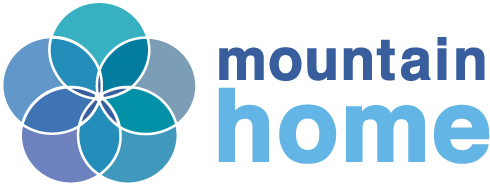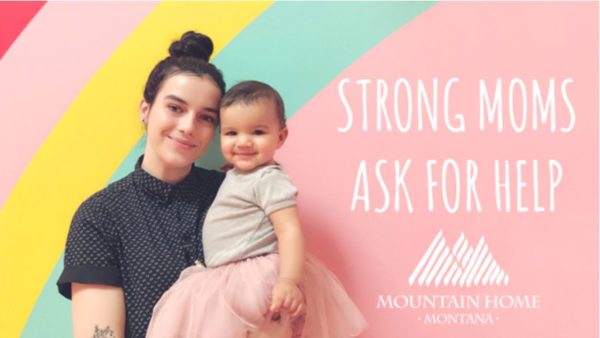Pandemic or not, we do whatever it takes.
We go to work (those of us whose jobs must go on). We figure out unemployment insurance (those of us whose jobs have paused). We sing “Wheels on the Bus” (again), clean sweet potatoes from the computer screen (again), and dissect Thinking Putty from the puppy’s eyelashes (again).
As unprecedented as COVID-19 is, we’ve actually gone through something like this before. Think about it. Becoming a parent meant adapting to an entirely new reality, one where we are in charge, but not entirely in control.
For example, we may be in charge of making sure our babies are fed, but we’re not in control of whether they’re lactose intolerant. We may be in charge of making sure our toddlers go to a safe daycare, but we’re not in control when they leap from the swing-set and land face-first in the wood-chips. We may be in charge of introducing our children to the things we love, whether Bonsai trees or Billie Eilish, but we’re not in control of their personalities and preferences.
So it goes with COVID-19. We’re in charge of our family’s hand-washing and social distancing, but we’re not in control of the choices of others. We’re in charge of meeting our children’s needs during childcare or school closures, but we’re not in control of when authorities will decide to reopen.
We’re in charge of doing whatever we can to stay mentally healthy—exercise, phone calls with loved ones, meditation, using telehealth for therapy or medication management—but we can’t completely prevent painful feelings from surfacing.
Like loneliness. Our days have previously been filled with all sorts of impromptu chit-chat, whether at school or work or childcare drop-off or the public library. While we can now be creative about all kinds of online ways to connect (check out examples at the end of this newsletter), we may still experience moments of isolation despair.
Pema Chodron, a world-reknown American Tibetan Buddhist, offers a helpful perspective in her book Comfortable with Uncertainty: 108 Teachings on Cultivating Fearlessness and Compassion.
“When you wake up in the morning and out of nowhere comes the heartache of alienation and loneliness, could you use that as a golden opportunity? Rather than persecuting yourself or feeling that something terribly wrong is happening, right there in the moment of sadness and longing, could you relax and touch the limitless space of the human heart? The next time you get a chance experiment with this.”
An experiment. Can we see all of this as one huge opportunity to figure out what we truly miss from the way things were and what we truly don’t? Can we learn from what’s most annoying while also staying open to moments of joy, no matter how big or small?
Can we embrace our parenting wisdom as powerful enough to get us through even the most confounding of days?
It’s not easy, we know that. But we’re here for you. Mountain Home’s mental health center is only physically closed. Our staff are still actively offering support over the phone or video, whether it’s help figuring out how to pay bills during a temporary layoff or tips for surviving another day without childcare. To find out how to remotely connect with Mountain Home or others, email Brittany@mountainhomemt.org.
We’re in this together, Strong Mom!

